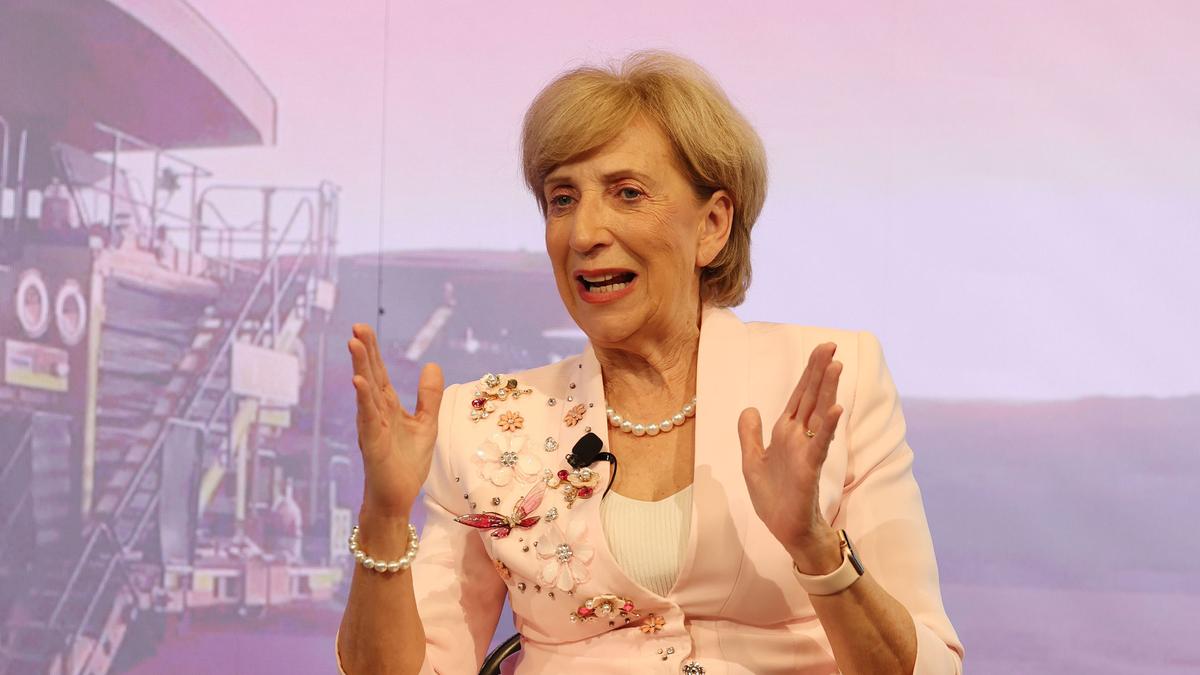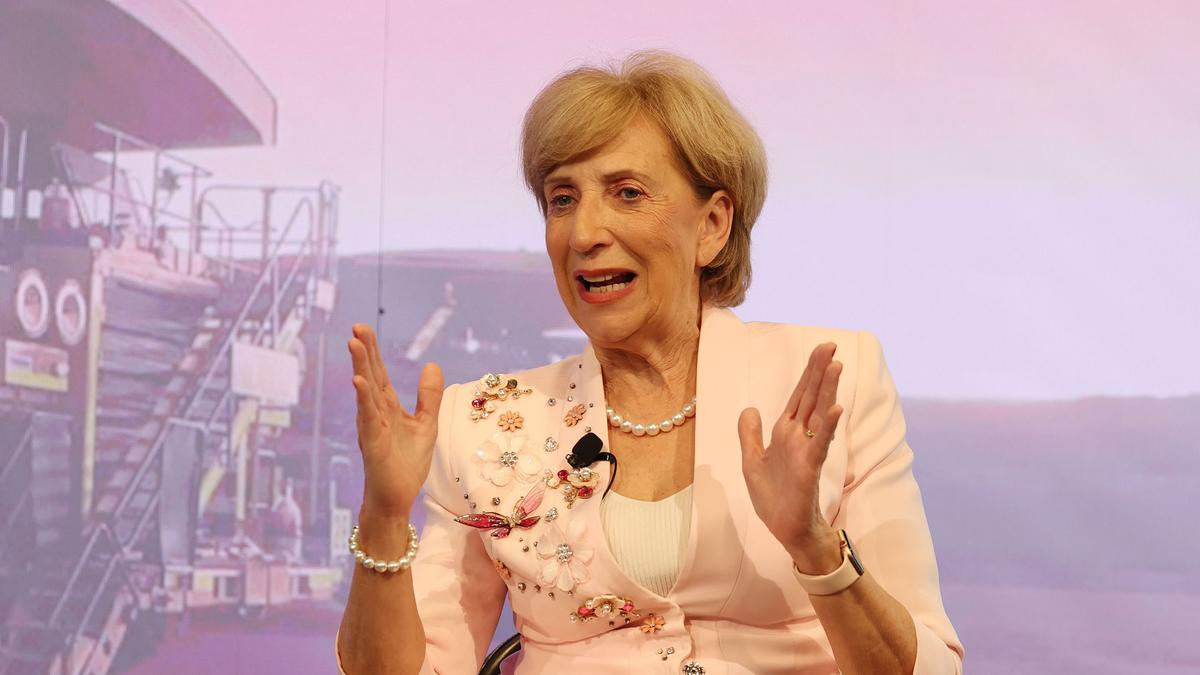
UPDATE: In a swift response to a catastrophic outage that led to three fatalities, Optus has intensified its reliance on automated systems to monitor Triple Zero calls across Australia. Just three weeks after the incident, the telecommunications giant is rolling out advanced technology to ensure emergency calls are effectively managed around the clock.
The Singaporean-owned company initially attributed the outage to human error, which resulted in over 600 emergency calls failing to connect in four states. Reports indicate that there were “no alarms to alert us” and that call volumes did not raise alarms at a national level when the crisis unfolded.
Now, Optus is deploying a new “automated tool” designed to identify call failures and unusual call volumes, operating 24/7 across various states. This tool analyzes historical patterns and detects anomalies, automatically generating incident tickets for the operations team, ensuring rapid response to any issues.
Optus has confirmed that further automatic testing is underway, as they aim to enhance their mobile networks significantly. This proactive approach is crucial as the pressure mounts on the telecommunications industry to prevent future Triple Zero failures.
Meanwhile, competitors like Telstra are also stepping up their game. Telstra is collaborating with Swedish technology firm Ericsson to develop more autonomous systems, which promise to enhance network performance through self-configuration and self-healing capabilities. A Telstra spokesperson stated, “The benefits of automation go well beyond monitoring.”
Independent technology analyst Paul Budde criticized Optus for previously over-relying on human intervention to identify outages, emphasizing the need for robust automated systems. Budde noted, “There is no indication that this is automated to such an extent that the system instantly produces reports on the status of the networks or calls.”
In light of the Optus outage, TPG Telecom is also enhancing its emergency call monitoring processes. The company is implementing additional automation to detect failures and analyze patterns of failed calls. TPG has been actively ensuring that its equipment is configured correctly to reroute failed emergency calls through alternative carriers.
The repercussions of the outage have prompted an urgent meeting between Optus CEO Stephen Rue, Telstra and TPG executives, and Communications Minister Anika Wells. They are under increasing pressure to ensure that such failures do not recur. Rue is also expected to testify before senators investigating the incident, particularly regarding the company’s delays in reporting the outage’s extent and providing accurate information to regulators.
As of November 1, Telstra and TPG are complying with new regulations from the Australian Communications and Media Authority (ACMA), mandating that failed Triple Zero calls be automatically routed to alternative networks. However, Optus is still working to meet these requirements, drawing scrutiny for its historical communication failures.
The urgency surrounding these developments highlights the critical need for reliable emergency services. The situation remains fluid as Optus implements these changes, and the industry watches closely for improvements in emergency call management.






